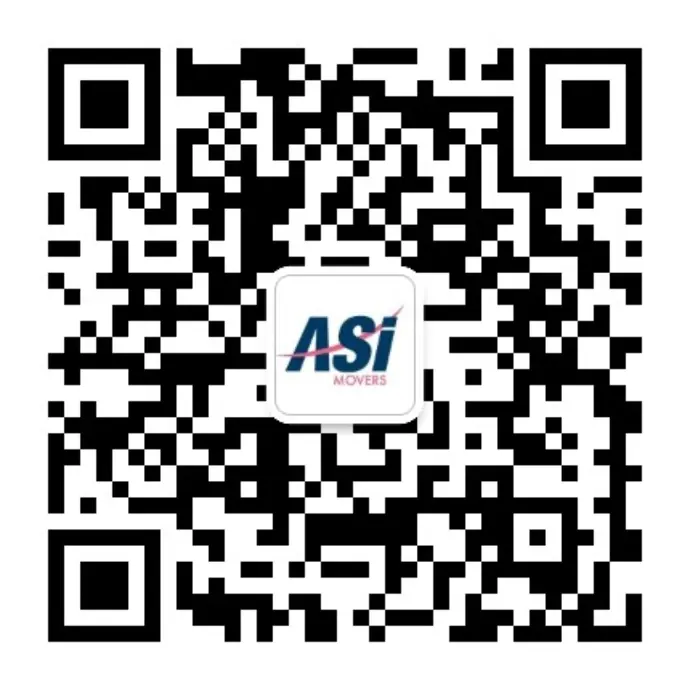When an expat plans his/her retirement, three options arise: going back home, staying abroad in the country he/she is residing in, or choosing another country. Many elements come into play when it comes to making this decision: from proximity with family to lifestyle, including the cost of life and the tax one can be subject to.
As expats’ best relocation partner, ASI Movers has decided to explore what are the trends shaping expats’ retirement choices, as well as the key elements one needs to consider when planning before leaving the working life.
The Elements To Take Into Account Before Retiring

First, it is essential to estimate your savings and the cost of living you will target in your new residence. Some countries require you to prove you own a certain amount or earn a certain revenue to settle down within their borders, which makes it essential to prepare and gather this information beforehand.
You will then obviously have to decide where you want to retire in terms of personal preference. As already stated, you will have to ponder upon different criteria: the lifestyle you can expect there, the scenery, the climate, the proximity with your family, the activities you can enjoy once on site, the expat community, the safety, etc.
Finally, you will have to determine when you want to retire.
Taking some time to think about all these elements and gather information is crucial to making your retirement project a success.
Retiring In China: Is It Possible?

Unless your spouse is Chinese, there is little chance you will be able to spend your retirement years in China. If you are not employed, your only way of staying in China long-term is a reunion visa: Q visa if your relative is a Chinese person or a foreigner residing in China with a permanent resident permit; or S visa if your relative (spouse) is residing in China for work or study. Even if you can plan to be a consultant (and thus work) or study Chinese for instance, these are not sustainable solutions if you aim to enjoy a peaceful and constraint-free retirement in the Middle Kingdom.
If you have spent – or are planning to spend - several years working in China before exiting the labor market, remember to check if there is any agreement between your home country and China in terms of pension plan. French people, for instance, will not see their years worked in France and the ones worked in China add up, if they want to receive a full pension once retired, they should contribute willingly to the French pension system.
Trending Destinations for Expats' Retirement

Since spending one’s retirement in China is very unlikely for people not married to a Chinese person, many expats who have lived their lives traveling choose to follow suit for their years of retirement and settle abroad.
According to International Living’s Annual Global Retirement Index (2018): the most popular destinations among retired expats are:
- Costa Rica: for its beautiful sceneries, its excellent rankings in Buying & Investing, Entertainment & Amenities, Health Care, and Healthy Lifestyle criteria.
- Mexico: for its vivid culture, the climate as well as a good to excellent health care system.
- Panama: for the benefits & discounts retirees can expect there, and the ease with which one can obtain residency.
- Ecuador: for its good rankings in Benefits & Discounts, Fitting in, Entertainment & Amenities, Healthy Lifestyle, and Climate criteria.
- Malaysia: for its low cost of living and its top ranking in Entertainment & Amenities.
- Colombia
- Portugal
- Nicaragua
- Spain
- Peru
One destination our clients seem to target lately is Thailand. Its sweet climate, inexpensive housing and cost of life, rather cheap healthcare system, welcoming expat community, and beautiful landscape have convinced them.
If that is your plan, know that a so-called “retirement visa” exists, whose official name is a non-immigrant visa. To obtain it, you will have to give proof of having enough funds (a revenue ≥65,000 BHT / month, or a Thailand bank account with 800,000 BHT for 3 months before applying for the visa, or a total revenue and savings accounting for more than 800,000 BHT the day you apply).
You will then obtain a one-year resident permit, the latter is renewable and can be completed by an extension-stay notice and a re-entry permit.

Prolonging your expat lifestyle by retiring abroad comes with the planning required for relocating to a foreign country, with the additional preparation necessary when you choose to settle somewhere for good.
Even if the path will not necessarily be problem-free - with many aspects you might discover by searching more about the country or the specific legislation - planning is the best way to ensure the process runs smoothly.
At ASI Movers, we are dedicated to providing you with the moving service you need when choosing to retire back home or abroad. We take care of your belongings from packing at departure to unpacking at destination, you just have to focus on yourself!
Moving Soon? Request A Free Quote!
Resource:
Annual Global Retirement Index 2018 by International Living
